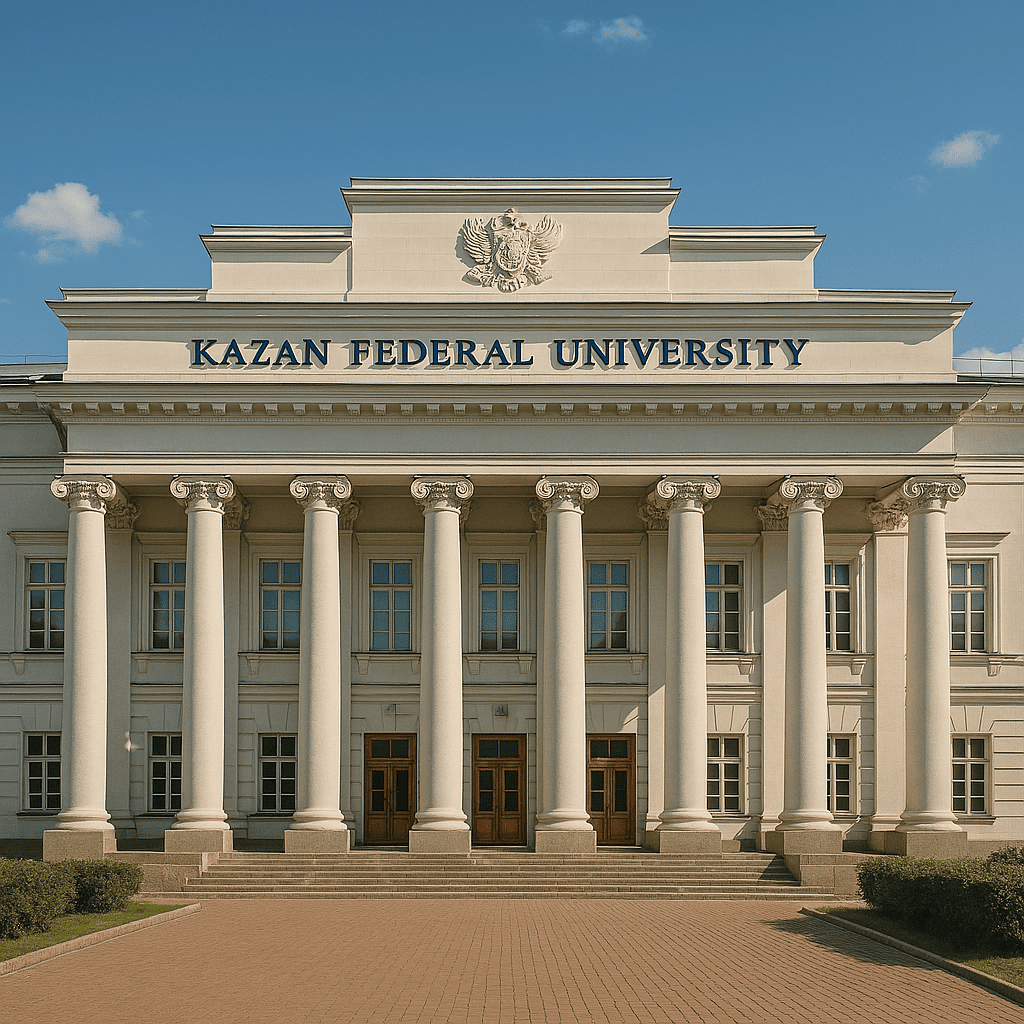Education In Russia— A Gateway to World-Class Medical(MBBS) Education
Higher Studies in Russia
MBBS in Russia is a popular option for study abroad seekers, particularly students from India. With Russia’s established and renowned education system, international students are eager to apply through the mapping out the best option for them. With many accredited medical schools in Russia, the Federal Ministry of Education and Science governs standards of education well, leading to strict regulations on every accredited medical school. This regulatory framework on also led to Russia’s high level of literacy and the international perceived value of the Russia education system.
With a commitment to quality education, Russia is well-known for its commitment to higher education. Russia MBBS colleges are known for their facilities, faculty, degree recognition and acceptance globally. Therefore, students seeking to pursue an MBBS in Russia, are somewhat better off with an excellent academic foundation that prepares them to have a career overseas.
The MBBS fees in Russia structure is also appealing to many Indian students. Fees are affordable, particularly when compared to that of most western countries. The India MBBS fees in Russia structure is more suitable for students as it also holds accommodation, health insurance and more, meaning medical education in Russia is not only affordable but accessible, and and then comprehensive.
Russian Higher Education
Russia’s higher education system contains a variety of different forms of institutions, particularly universities, academies, and institutes. Universities usually offer a wide array of levels of academic programs. The academies that produce the most comprehensive degrees are those in the arts and sciences, as opposed to their historical form as professional schools. Institutes have retained their focus on preserving specialized professional training programs, which are more common today in medical or engineering programs.
Currently, there are over 500 higher education institutions throughout Russia. There are a number of options for students wishing to study at well-established medical universities such as Chuvash State Medical University, Kemerovo State Medical University, and Ryazan State Medical University, which were historically based on science, technology, and medicine – and preferred by Russian students.
The legacy of government-supported education, with free tuition, and established student support benefits from the Soviet Union have led to Russia maintaining the highest percentage of university degree holders in all parts of Europe. More recently, even universities like Ulyanovsk State University and Ivanovo State Medical Academy are now very popular with international students looking for cheap MBBS in Russia because the standards of education are often great quality and degrees are
Degree Structures in Russia
| Level | Degree Name | Duration | Notes |
|---|---|---|---|
| Undergraduate | Bakalavr (Bachelor) | 4 years (6 for medicine) | Requires research project and state final exams. Medicine programs are 6 years and skip this stage. |
| Graduate (Non-Postgraduate) | Magistr (Master) or Specialist Diploma | 2 years | Includes 1 year of research, thesis, and final exams. Not considered postgraduate in Russia. |
| Postgraduate (Stage 1) | Kandidat Nauk (Candidate of Sciences) | Typically 3–4 years | Equivalent to a Ph.D. in the U.S. Completed at a university or research institute. |
| Postgraduate (Stage 2) | Doctor Nauk (Doctor of Sciences) | Additional 2–4 years | Awarded after Kandidat Nauk, typically after 10+ years of experience. Rare before age 40. |
International Students in Russia
Since Russian is the language of instruction in most cases, the overwhelming majority of international students in Russia are from Poland and the Baltic states, the regions of which, outside of Poland, were once part of the Soviet Union. Yet the number of international students from around the world is increasing, especially because Russian education is generally regarded as being excellent in technical and scientific education, and tuition is typically less than other countries.
The largest concentration of international students come from China, followed by the Middle East and North Africa. As the international student counts grow, there are institutions that have begun to offer English-language programs as well to increase international student entrants. Most of the English language programs are in Moscow and St.Petersburg, the two central international cities.

Medical Study in Russia

In addition to delivering world-class education, Russian medical universities have low tuition fees and a good standard of living in Russia, as well as all the conditions for international students. More programs are being offered in English, and these programs lead to degrees that are recognized around the world as well as modern infrastructure.
There is also a diverse, but welcoming, cultural ambiance to be appreciated in Russia and an academic atmosphere that is tolerant of the international students who are there to learn and to learn about the world. Overall, students will gain personal and professional opportunities for growth and development and will be well-positioned to launch their medical career as an internationally educated medical graduate.
Some of the most notable factors are as mentioned below:
- Medical education is provided in a limited number of higher medical and pharmaceutical institutions.
- There are just 48 universities and medical institutes in the world that provide such world-class medical education and training.
- The federal Russian government supervises and controls medical colleges and institutions directly.
- For a long time, the medium of education has been focused on English, and as a result, international students find it simple to get trained here.
- For international students, the Russian government waives 50 percent of the tuition charge.
